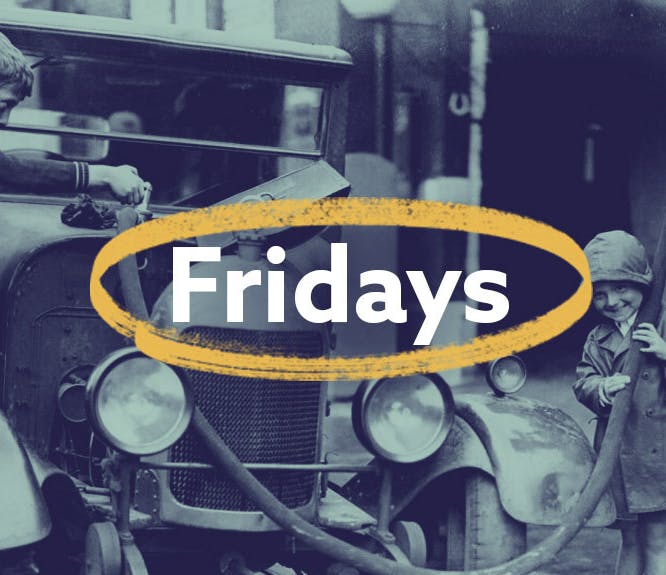Exploring Windrush family records has opened my eyes to so much more
6-7 minute read
By Guest Author | September 27, 2022
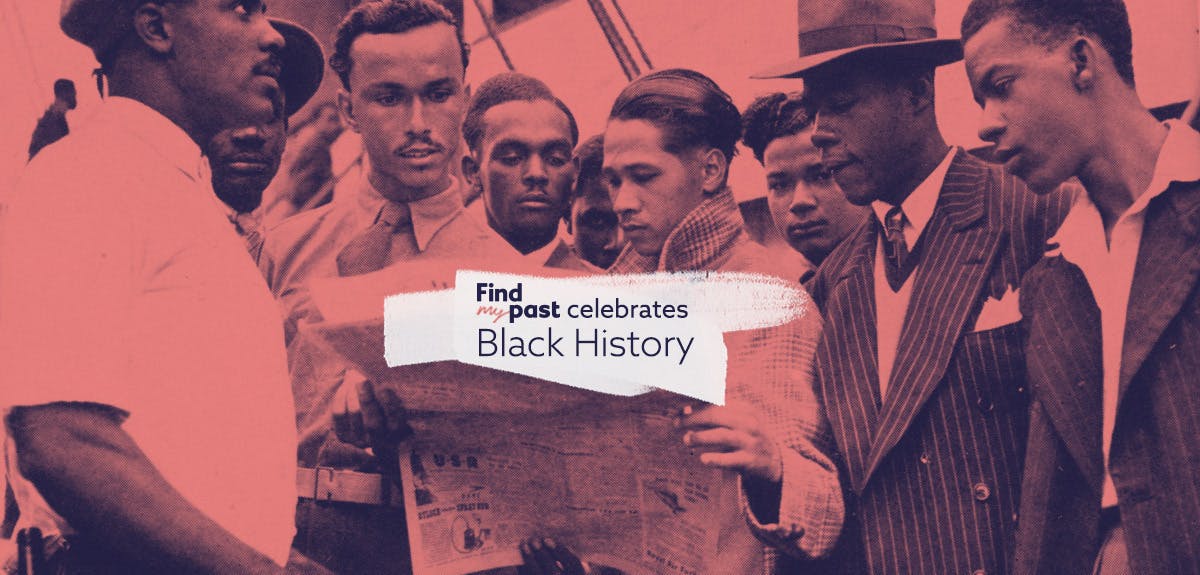
Pooran Bridgelal shines a light on the Windrush generation and explains why it's so important that we remember and celebrate their epic journeys.
"“London is the place for me"
"London this lovely city"
"You can go to France or America,"
"India, Asia or Australia"
"But you must come back to London city”."
"“Well believe me I am speaking broadmindedly"
"I am glad to know my Mother Country"
"I have been travelling to countries years ago"
"But this is the place I wanted to know "
"London that is the place for me”."
This catchy calypso tune was sung on the spot by Trinidad’s own “Lord Kitchener” (Aldwin Roberts) as he was being interviewed by a British Pathé news reporter. The SS Empire Windrush had arrived on 22 June 1948 at Tilbury Docks, London and throngs of West Indians were ready to experience the Mother Country. With their grips (suitcases) in hand and their newly-formed friendships, they were willing and ready to work for the Empire.
These British-Caribbean citizens left their families and all their worldly possessions behind and heeded the call. Most of them had their new address and quickly looked for transportation to take them to their new home, while others had no known address.
About 230 of them were taken to the deep air raid shelter under Clapham Common and stayed there. If these walls could talk what stories would we hear and cherish?
I first learnt about the SS Empire Windrush when I read Guy Grannum’s book Tracing Your West Indian Ancestors in 2010. On page 75 of my 1995 edition is a photo of the ship's passenger list. My heart skipped a beat when I saw the name of the passenger listed #12. Was it really him? Yes, it was. The passenger on the list was a son of the soil, the first President of Trinidad and Tobago, Ellis Clarke. He was accompanied by his mother Elma Clarke. His place of residence is recorded in the passenger list as 50 Elms Park Gardens, Chelsea and his profession stated is Barrister.
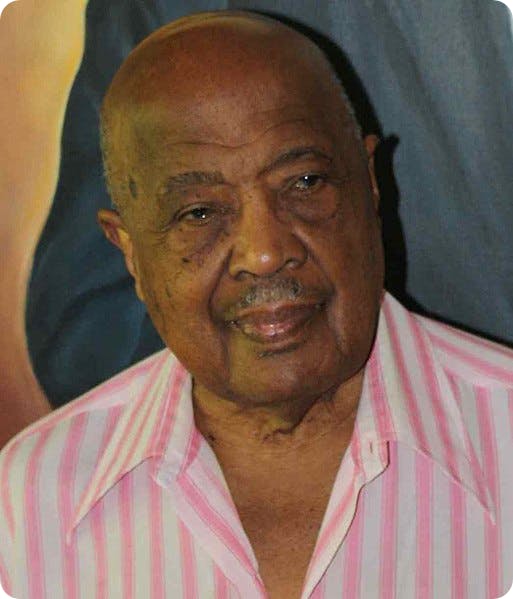
Ellis Clarke, the first President of Trinidad and Tobago. Credit: Albert Sydney/Wikimedia Commons.
The spark of excitement I got from this one discovery made me realise the wealth of information contained within the Windrush passenger list. I knew I needed to pursue it and find out more.
The Windrush scandal
The Windrush scandal brought many things to light including the destruction of these Caribbean-British citizens' records. These precious documents were blatantly destroyed by the UK Home Office in 2010 as they sought to erase history.
Following this revelation, a special project was undertaken by Goldsmiths, University of London. They took on the painstaking task of compiling the information found in the Empire Windrush passenger list where;
"“Windrush passenger landing cards have been reimagined and recreated to represent those destroyed by the Home Office in 2010.”"
This phenomenal work has brought those lost records to our fingertips. The reimagined landing cards can be downloaded for free from Goldsmiths, helpful for those seeking to trace their Caribbean ancestry. They contain all the information found in the original passenger list.
Upon closer inspection of the passenger cards, you discover clues and stories, giving you a yearning to uncover more about the passengers' life stories and why they embarked on this journey.
My Windrush discoveries
I decided to use Goldsmith University's website to locate the record of Aldwin Roberts, better known as “Lord Kitchener”. His landing card stated his last permanent residence as Jamaica. Yet, he is from Trinidad. As we say in Trinidad;
"“Trinis can be found everywhere.”"
But it begs the question; why was Lord Kitchener in Kingston, Jamaica and what made him decide to board the SS Empire Windrush? His landing card stated that he wasn’t accompanied by his wife, so we know he wasn’t married. Did he decide that migrating to London was a good opportunity for his musical career?
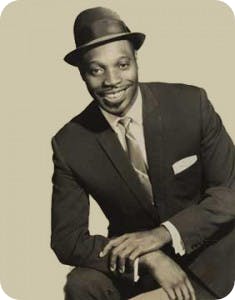
Aldwin Roberts (1922-2000). He was better known by the stage name Lord Kitchener or "Kitch". Credit: Wikimedia Commons.
On the tenth line of his landing card, his occupation is listed as “Artist” and he had no address in London. If you were to examine the original passenger lists found in The National Archives, you'd notice the passenger recorded after Roberts was Alphonso Reece, a 15-year-old musician, also recorded with no known address. Did he and Alphonso stay at the air raid shelter in Clapham? What was the connection between the two of them? Was Lord Kitchener entrusted by Alphonso’s parents to take care of him? I am hoping to find the answers to these questions. My son is of the same age as Reece. So, naturally, I ask myself if would I be willing to send my son to a foreign land to try his hand at a new adventure.
The West Indian way of life
As West Indian living in Toronto, one of the things I miss most from home is listening to the locals tell stories. It’s our Caribbeaness. West Indians have an animated way of telling a story because our arms are waving everywhere and we make unique sounds to describe what is going on. It’s like a short novel; you never know what’s going to happen.
Samuel Selvon, the Indo-Trinidadian writer, takes us on a journey of discovering the lives of the Windrush Generation in his iconic novel, The Lonely Londoners. Selvon’s book captures us and compels us to sail away with him to London. He uses language to convey his stories but most importantly he uses the Trinidad dialect to tell the stories. We hear and we imagine the characters in his book. We can relate because they are part of us and their struggles and achievements ring true with us.
When I migrated to Canada years ago I did it to be with my wife. The West Indians who took the journey on the Empire Windrush to London did it because there was a need in the job sector and they sought to fill it. The very next morning they were ready to make a difference in the Empire. It’s been over 70 years since they left their birth country and made this journey.
The time is now for us to listen and discover their stories. I believe the life stories of the Windrush generation needs to be shouted from the rooftops. Because when our hearts turn to our ancestors, when we fully acknowledge them and share their stories with our children, we are able to stand taller.
I recently read John Western’s book A Passage to England – Barbadian Londoners Speak of Home. Reading these life stories certainly captured my attention and heart. It also compelled me to gather as many of their stories as possible. That's why I decided to write this article. I want you, especially if you are a descendant of the Windrush generation or have West Indian ancestry, to read their stories. I also invite you to dig deeper into your family history because your story also matters.
To help, I have listed a few resources below.
Online Windrush resources
- Windrush passenger arrival cards compiled by Goldsmiths, University of London - This list has a search engine and filter to help you narrow down your results if you are searching by name or island.
- Going underground: The Windrush arrivals' subterranean dormitories - This article shares photos and stories of those who stayed at the deep air raid shelter under Clapham Common. Maybe you might recognise a relative or a friend from one of the photos?
- The last of the Windrush arrivals in 1962 - Photographer Howard Grey captures the final Windrush passengers. These photos will surely jog a memory or two and will be a great conversation starter.
- Findmypast's newspapers - Explore papers from the time to find articles about the arrival of the SS Empire Windrush.
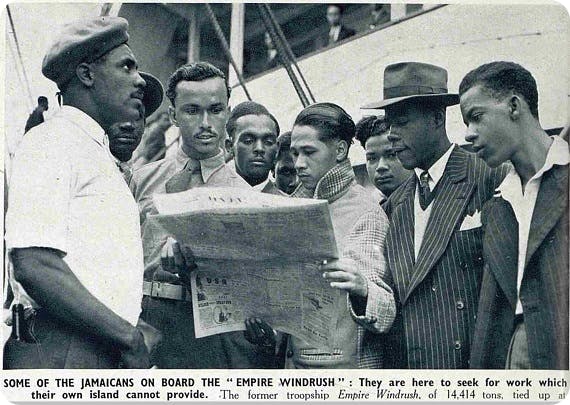
Books to read on the Windrush
- Lambeth Council - Forty Winters on: Memories of Britain's Post War Caribbean Immigrants
- Amelia Gentleman - The Windrush Betrayal: Exposing the Hostile Environment
- Colin Grant – Homecoming: Voices of the Windrush Generation
- Andrea Levy – Small Island
- George Lamming – In the Castle of My Skin and The Emigrants
- Samuel Selvon – Lonely Londoners
- Zadie Smith – White Teeth
- V. S .Naipaul – Miguel Street
Our ancestors were migratory people. Our foremothers and forefathers were captured, cajoled and voluntarily came to the West Indies. But through all of this they laid the foundation and we stand on their shoulders.
Discovering our ancestors connects us to them and them to us. As we read of their encounters, what they ate and where they worked, it not only puts us physically in the places they walked but we catch a glimpse of what life was like.
The Windrush generation has stories to tell. We need to listen, shed tears, get angry and reconcile with them. Will you not join me in finding your West Indian ancestry?
About the author
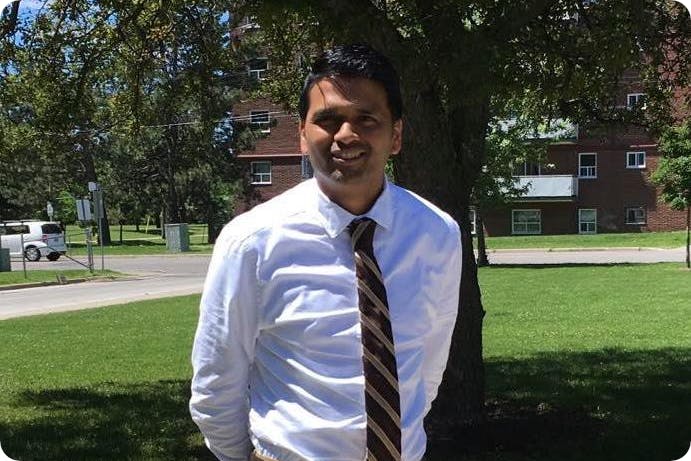
Pooran R. Bridgelal is a Trinidadian born genealogist, researcher, author and speaker residing in Toronto, Canada. He graduated from the University of Toronto with a B.A. (Hons.) in Caribbean Studies, Religion and Aboriginal Studies. Pooran has spearheaded several genealogy lectures in the UK, Toronto and the West Indies. His lectures focus on teaching West Indians how to trace their ancestry. Specifically, he researches the ancestry of West Indians who are of African, East Indian and Chinese descent. His research has also included helping West Indians understand the history of the Slave Registers and interpreting the East Indian Indentured records. Pooran is an avid collector of Westindiana; this includes rare books, antique maps and ephemera.
Related articles recommended for you

Preserving the story of your ancestry: our expert guide to writing your family history
Help Hub
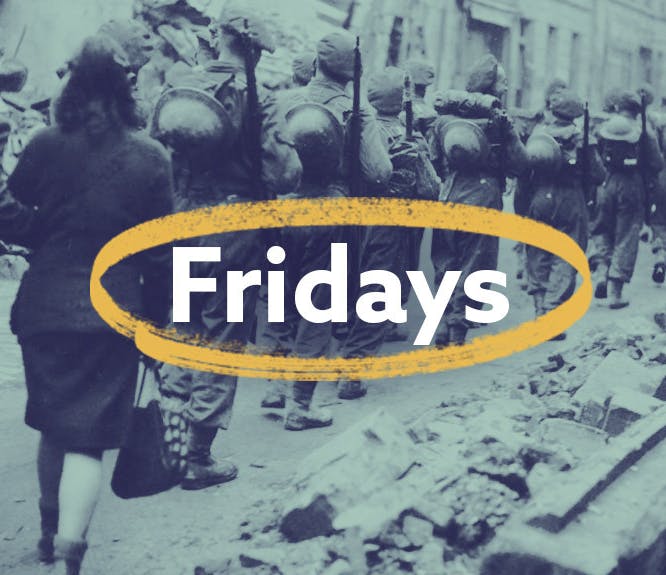
Discover Warwickshire during World War Two
What's New?
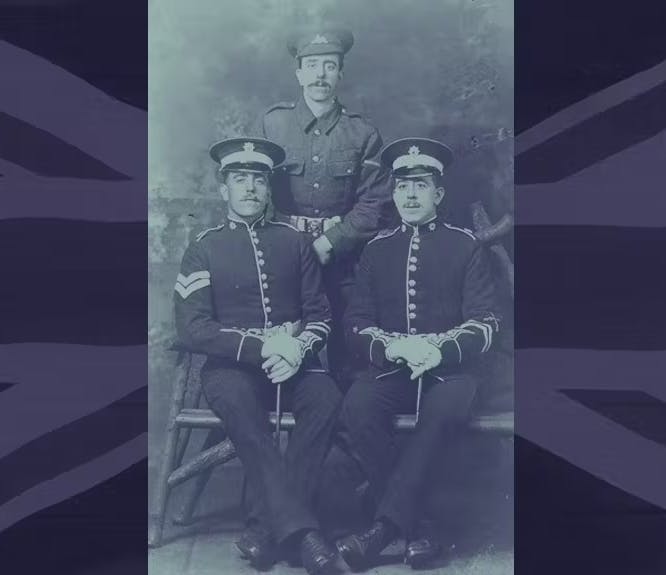
Five must-read books to discover more about the British Army during the First World War
History Hub
